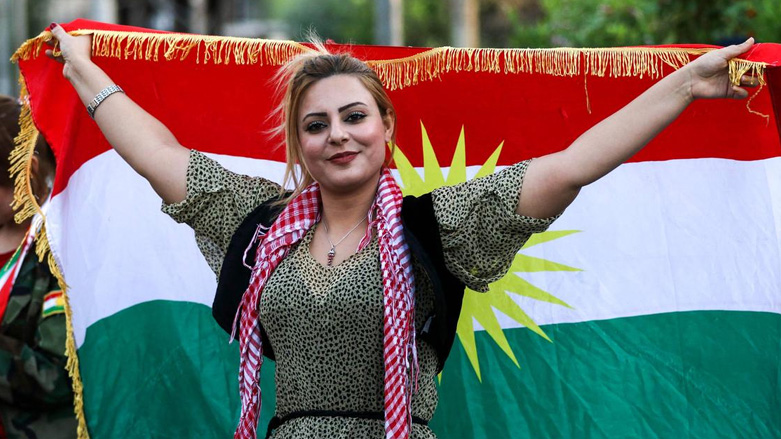Women demand more roles in Kurdistan Regional Government's new cabinet
Women in the Kurdistan Region have expressed optimism about the Kurdistan Regional Government’s (KRG) new cabinet but demand that more roles and posts be given...

ERBIL (Kurdistan 24) – Women in the Kurdistan Region have expressed optimism about the Kurdistan Regional Government’s (KRG) new cabinet but demand that more roles and posts be given to them in the three main parts of the government, namely the executive one.
Out of 111 seats, women have 30 quota seats in the semi-autonomous Kurdistan Region’s Parliament, a rule imposed by law.
In the KRG’s previous cabinets, women have held limited governmental posts, which has pushed them to demand more roles this time around.
“We believe there is a clear and positive path for our women. The new cabinet would bring more achievements to women,” Kwestan Mohammed, a Cadre of the leading Kurdistan Democratic Party (KDP), told Kurdistan 24 on Wednesday.
“We request the nominated prime minister of the new cabinet to give more executive roles to women,” she added. “Kurdish women have played an important role in the history of the region, but it has almost always been invisible.”
Mohammed also hoped women who are chosen in the new government cabinet act and play their roles responsibly to serve the community equally.
In July, parliament amended a law which requires one of the three leading members of the parliament – speaker, and the two deputies – to be a woman.
Munira Ali Abdul-Aziz, a member of the Kurdistan Islamic Movement (KIM) politburo, told Kurdistan 24 they had discussed with other Kurdish parties that women should be part of the negotiation committees regarding the formation of the new cabinet.
“We have also asked for more posts to be given to women in the new government, rather than having symbolic participation,” Abdul-Aziz added.
In the KRG’s current cabinet, out of 21 ministers, only one of them is a woman, Newroz Mawlood Amin who heads the Ministry of Municipalities and Tourism. In the directorates and departments, the number of women is also limited which often sparks criticism from people in the Kurdistan Region.
Editing by Karzan Sulaivany
